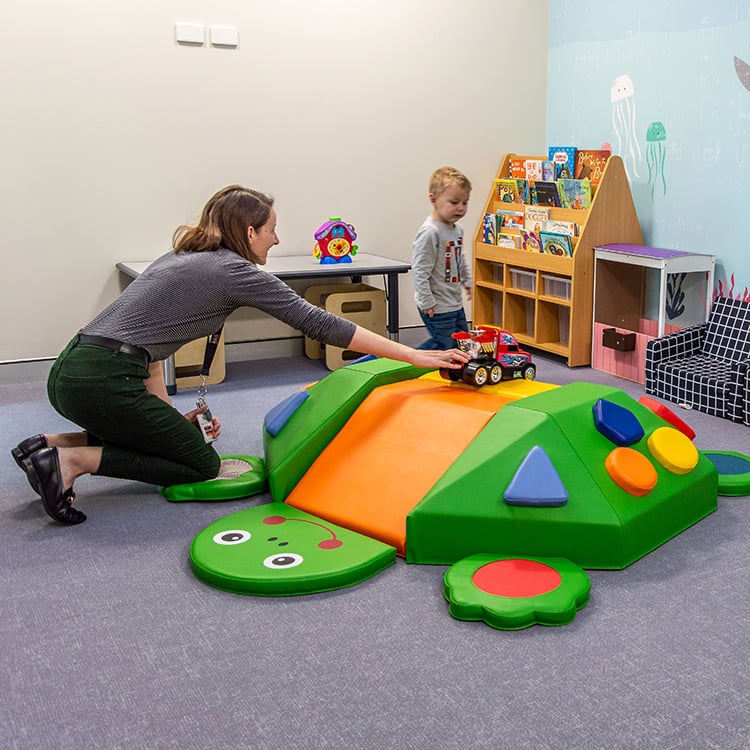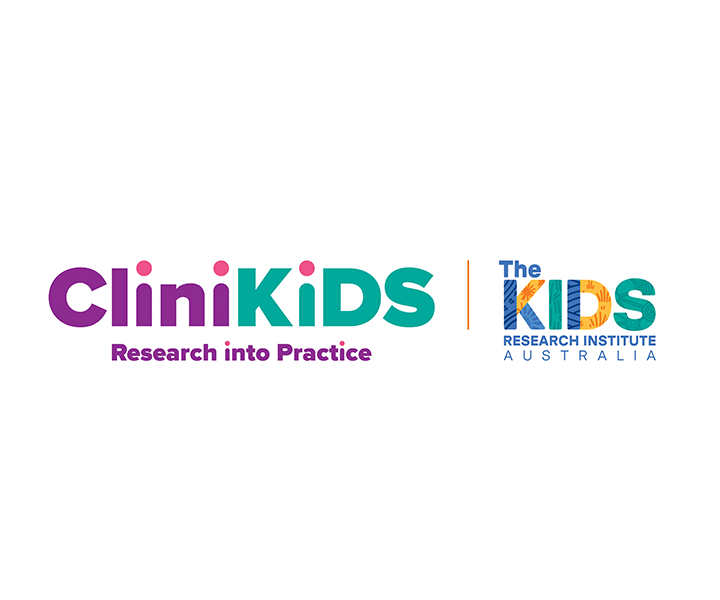Search

Find out how to access services at CliniKids.

CliniKids is the first clinical service of The Kids Research Institute Australia, providing autism therapies and supports for young children.

Discover resources and science activities for kids for the topic 'Poo and You!'.

Discover resources and science activities for kids for the topic 'Power of Our Lungs'.

Discover resources and science activities for kids for the topic 'What's In Our Cells?'.

Not all children or teenagers identify with the gender they were presumed at birth. As a result, some may choose to change their name, their clothes or their body and live as a different gender. Some may choose to obtain specialised medical treatment.

Hands-on science lesson plans for teachers related to the topic 'Explore Our Ears'.

News & Events
Illuminate Sundowner 2024Illuminate Awards are a philanthropic initiative - shining a light on child health research to help all kids lead happy, healthy lives.

Whether writing and sending messages or emails, or posting or sharing images and videos, it is important to make sure the content is appropriate,

Friending and Grouping Most social media sites or apps connect you with other users by friending or following. Within the larger group of your
